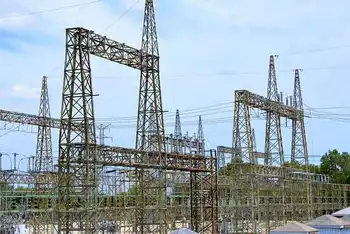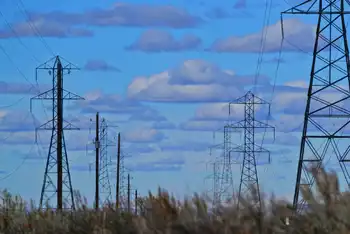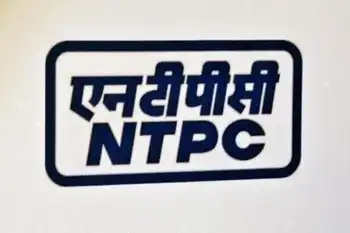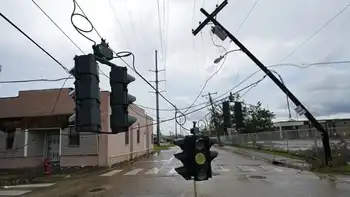Going green on the recharging road
SOUTH KOREA - South Korea is trying a new way to turn public transport green by using a technology popular in electric toothbrushes and razors to power buses and cars.
The country's top technology university unveiled a new electric transport powered by recharging strips embedded in roads that transfer energy through magnetic connections. There are no direct connections with wires.
Vehicles with sensor-driven magnetic devices on their underside suck up energy as they travel over the strips embedded a few centimeters (inches) under the road.
"The technological concept behind the idea has been around for about 100 years. We have found a better way to transfer the electricity to make it practical," said B.K. Park, a project member at the Korea Advanced Institute of Science and Technology.
The university about 140 km (90 miles) south of Seoul has four prototype buses using the technology on its campus and is in talks with Seoul and other cities to have buses running in the next three years using the system called "online electrical vehicle."
The strips, which are attached to small electrical stations, are laid in bus lanes and roads running up to intersections so that vehicles can power up where traffic slows down.
The strips are in segments of several tens of meters (yards) in length and vehicles receive what is termed "microcharges" each time they pass over one.
"These vehicles are not like mobile phones that need to be charged for hours. Microcharges are quite efficient," Park said.
Unlike electric lines used for trams, vehicles do not need to be in constant contact with the strips and a person can touch the lines without receiving a shock.
The system allows electric cars and buses to cut down on battery size and extend ranges.
The non-contact transfer of electricity, also called inductive charging, works by magnets and cables on the underside of the vehicle making a connection with the current in the recharging strip to receive power as they travel over it.
It is employed in some brands of electric toothbrushes that are sealed and water resistant, which do not need to be plugged into anything but use a magnetic connection to receive energy while resting in a cradle.
The online electrical vehicle system so far has proven safe to humans and machinery.
The cost of installing the system is an estimated 400 million won ($353,500) per kilometer of road. Electricity is extra.
Related News

Russian Strikes Threaten Ukraine's Power Grid
KYIV - Ukraine's energy infrastructure remains a primary target in Russia's ongoing invasion, with a recent wave of missile strikes causing widespread power outages and disrupting critical services across the country. These attacks have devastating humanitarian consequences, leaving millions of Ukrainians without heat, water, and electricity as winter approaches.
Systematic Targeting of Energy Infrastructure
Russia's strategy of deliberately targeting Ukraine's power grid marks a significant escalation, directly affecting the lives of civilians. Power plants, substations, and transmission lines have been hit with missiles and drones, with the latest strikes in late April causing blackouts in cities across Ukraine,…




